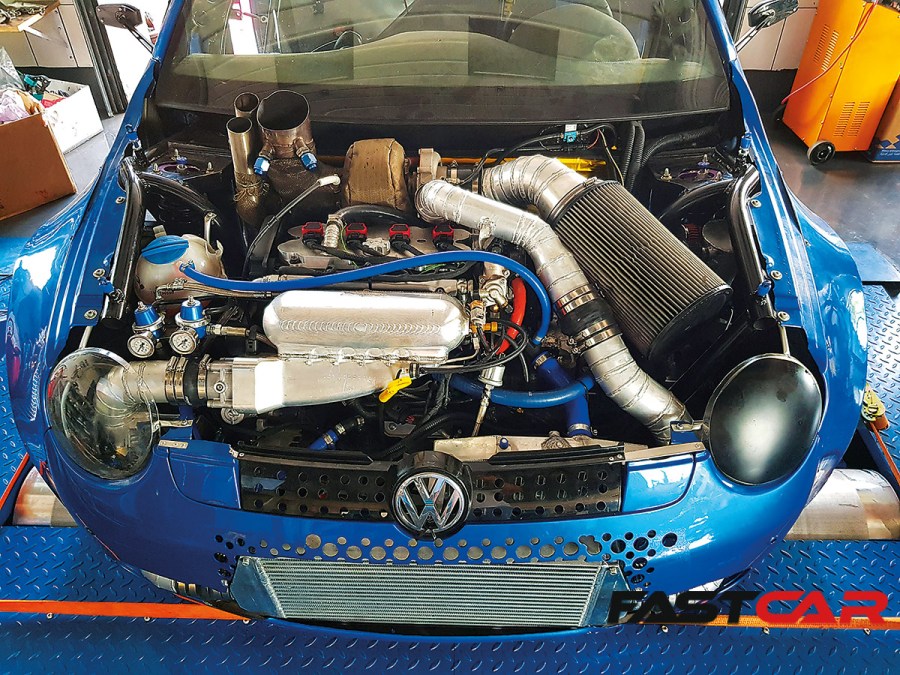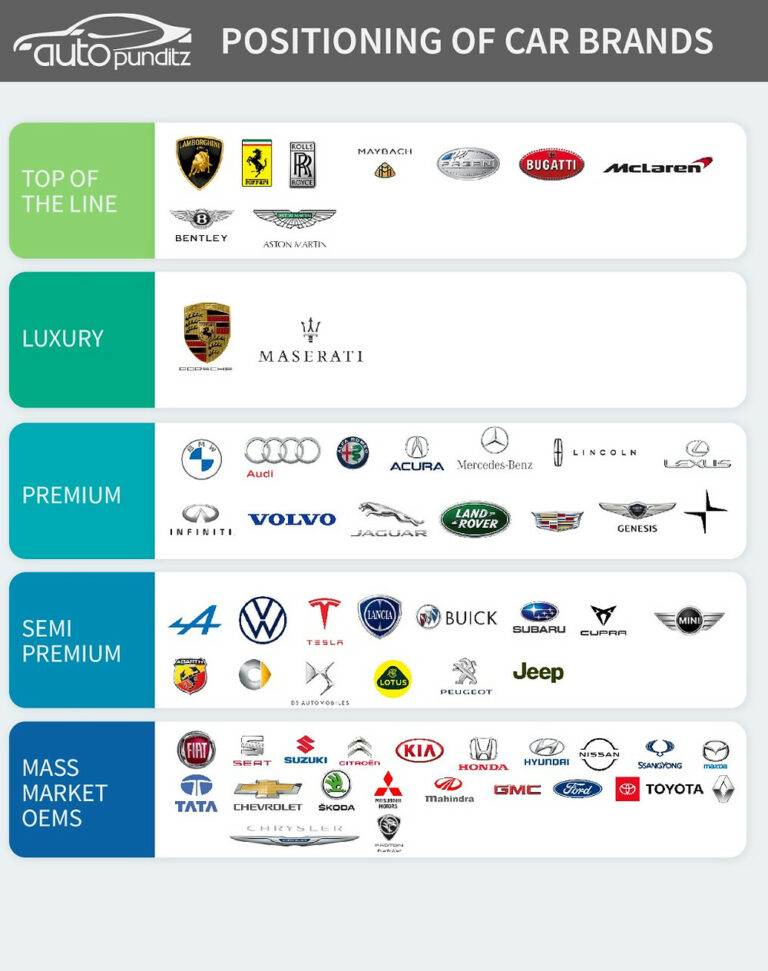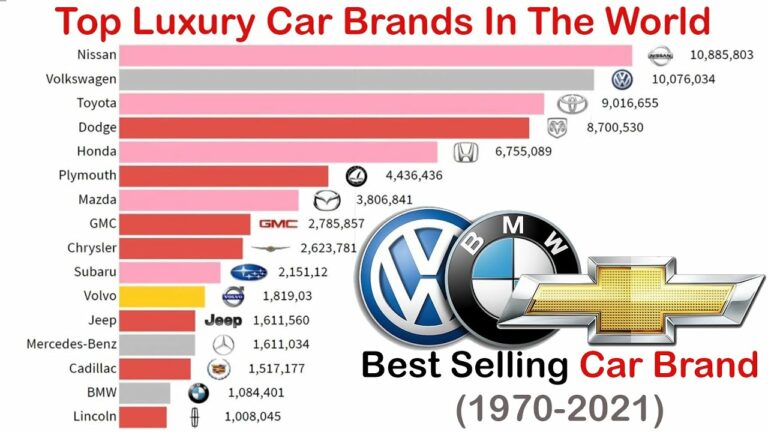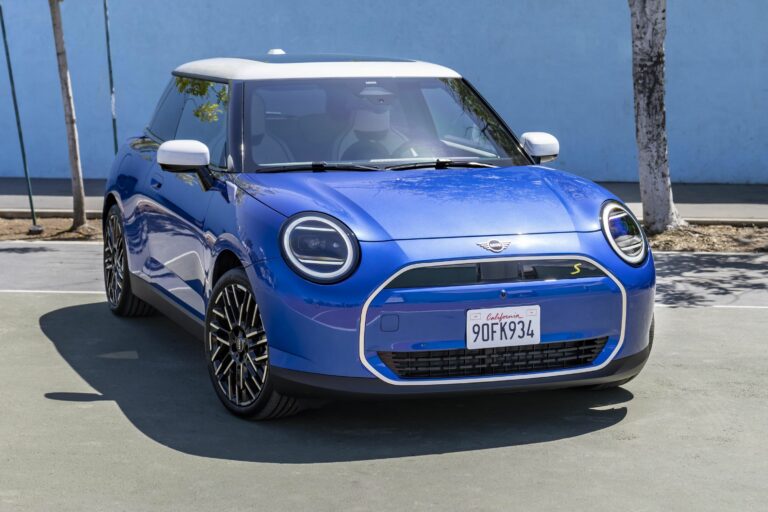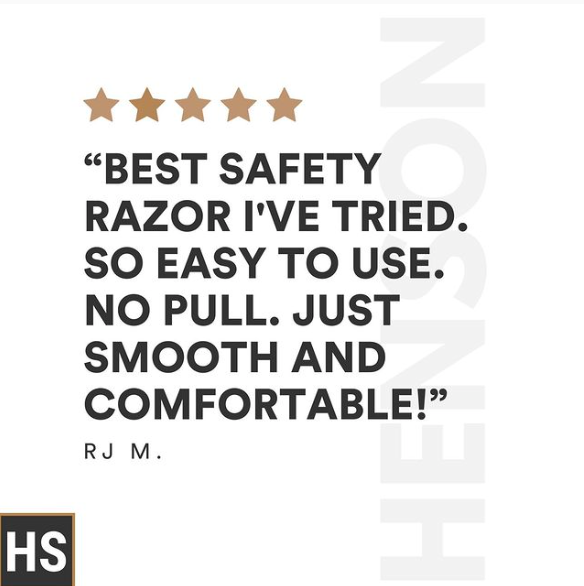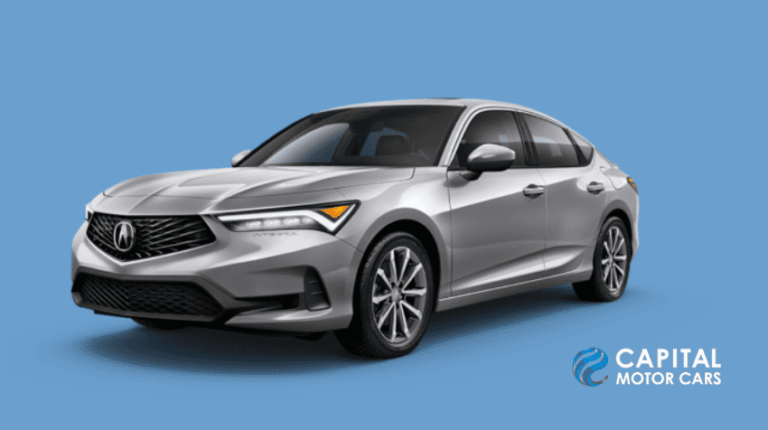Best Car Air Filter Brands: A Comprehensive Guide to Protecting Your Engine and Lungs
Best Car Air Filter Brands: A Comprehensive Guide to Protecting Your Engine and Lungs cars.truckstrend.com
In the intricate symphony of your vehicle’s operations, the air filter plays a surprisingly vital, yet often overlooked, role. Far from a simple accessory, the humble car air filter is the unsung guardian of your engine’s health and, increasingly, the purity of the air you breathe inside your cabin. Choosing the right air filter brand isn’t just about making a purchase; it’s an investment in your car’s longevity, performance, fuel efficiency, and your own comfort and well-being.
This comprehensive guide will delve into the world of car air filters, exploring why they matter, what to look for, and spotlighting the top brands that consistently deliver quality and performance. Whether you’re a seasoned DIY mechanic or just looking to make an informed decision for your next service, understanding the best car air filter brands is a crucial step towards optimal vehicle maintenance.
Best Car Air Filter Brands: A Comprehensive Guide to Protecting Your Engine and Lungs
Understanding the Crucial Role of Car Air Filters
Before we dive into brands, let’s clarify what a car air filter does and why its function is so critical. There are primarily two types of air filters in your vehicle, each serving a distinct purpose:
-
Engine Air Filter: This is the most commonly recognized air filter. Its primary job is to prevent dust, dirt, debris, insects, and other harmful particles from entering your engine’s combustion chamber. The engine needs a constant supply of clean air to mix with fuel for optimal combustion. A clogged or inefficient engine air filter can lead to:
- Reduced engine performance and horsepower.
- Decreased fuel efficiency.
- Increased engine wear due to abrasive particles.
- Higher emissions.
- Potential engine damage over time.
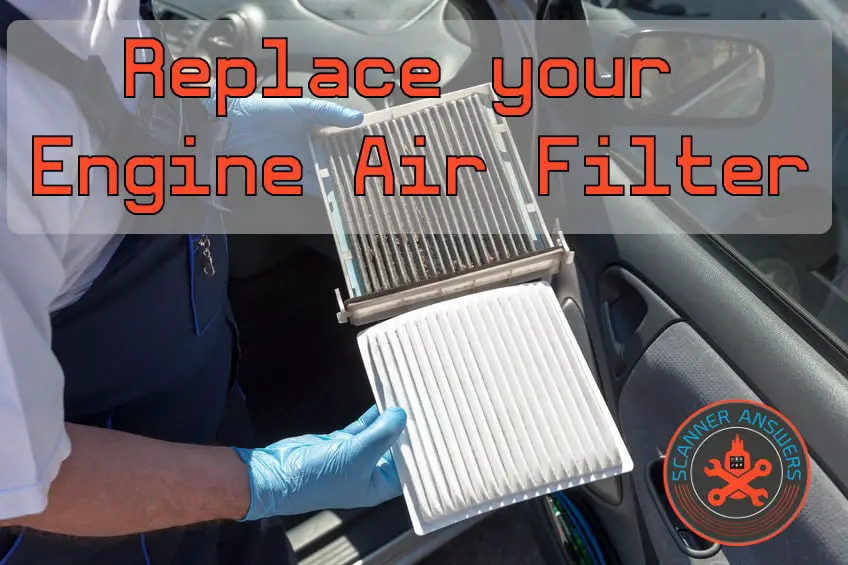

-
Cabin Air Filter: Often located behind the glove compartment or under the hood near the windshield, the cabin air filter is responsible for filtering the air that circulates through your vehicle’s heating, ventilation, and air conditioning (HVAC) system. It traps pollen, dust, pollutants, odors, and other allergens, ensuring that the air you and your passengers breathe inside the car is clean and fresh. A dirty cabin air filter can cause:
- Reduced airflow from the vents.
- Musty odors inside the cabin.
- Aggravation of allergies and respiratory issues for occupants.
- Strained HVAC system components.

Both filters are essential for different aspects of your driving experience, and their proper function relies heavily on the quality of the filter itself.
Key Factors to Consider When Choosing an Air Filter
Selecting the "best" air filter isn’t a one-size-fits-all scenario. It depends on your driving habits, vehicle type, and priorities. Here are the crucial factors to weigh:
- Filtration Efficiency: This refers to the filter’s ability to trap small particles. Higher efficiency means cleaner air for your engine or cabin, but sometimes at the expense of airflow. Look for micron ratings or MERV (Minimum Efficiency Reporting Value) for cabin filters.
- Airflow (Restriction): While high filtration is good, the filter must also allow sufficient airflow. Too much restriction can starve the engine of air, impacting performance and fuel economy, or reduce HVAC effectiveness. Performance filters often prioritize airflow with good filtration.
- Material Type:
- Paper/Cellulose: The most common and affordable. Excellent at trapping particles but are disposable and can become restrictive when dirty.
- Cotton Gauze (Oiled): Often found in performance filters (e.g., K&N). They are washable, reusable, and offer excellent airflow with good filtration when properly oiled.
- Synthetic: Made from non-woven synthetic fibers. They can offer a balance of good filtration and airflow, are often washable, and may not require oiling.
- Activated Carbon (for Cabin Filters): These filters have a layer of activated charcoal that absorbs odors and harmful gases, in addition to filtering particulates.
- Lifespan and Reusability: Disposable filters are replaced at recommended intervals. Reusable filters (like oiled cotton) require cleaning and re-oiling but can last the lifetime of the vehicle, offering long-term cost savings.
- Vehicle Compatibility: Always ensure the filter is specifically designed for your car’s make, model, and year. An improper fit can lead to unfiltered air bypassing the filter or insufficient sealing.
- Brand Reputation: Established brands with a history of quality and innovation are generally a safer bet. They invest in R&D and rigorous testing.
- Price vs. Value: While budget is a factor, consider the long-term value. A slightly more expensive, high-quality filter might offer better performance, fuel economy, and longevity, ultimately saving you money in the long run.
Top Car Air Filter Brands: A Deep Dive
Here’s a look at some of the most reputable and highly-rated car air filter brands on the market, catering to various needs and budgets:
1. K&N Filters
- Overview: K&N is synonymous with performance air filters. They pioneered the reusable, oiled cotton gauze filter in the 1960s and remain a dominant force in the aftermarket performance segment.
- Key Features: Known for their high-flow, low-restriction design, washable and reusable nature (often lasting for the life of the vehicle), and claim to increase horsepower and torque. They also offer cabin air filters.
- Pros: Excellent airflow, reusable (long-term cost savings), potential performance gains, durable construction.
- Cons: Higher initial cost, requires specific cleaning and re-oiling, some argue filtration isn’t as fine as paper for very small particles, improper oiling can damage MAF sensors.
- Best For: Performance enthusiasts, those seeking reusable options, and drivers looking for potential slight gains in horsepower and fuel economy.
2. FRAM
- Overview: FRAM is one of the most widely recognized and accessible air filter brands, often found in auto parts stores and retail chains. They offer a broad range of engine and cabin air filters for virtually every vehicle.
- Key Features: Focus on affordable, reliable, and easily replaceable filters. Their "Extra Guard" and "Ultra Air" lines offer varying levels of filtration efficiency.
- Pros: Very affordable, widely available, easy to find the correct fit, reliable performance for everyday driving.
- Cons: Primarily disposable filters, not designed for performance gains, standard filtration might not be as fine as premium options.
- Best For: Everyday drivers looking for a cost-effective and dependable replacement filter.
3. Bosch
- Overview: A global engineering and technology company, Bosch produces a vast array of automotive parts, including high-quality air filters. They are known for their precision engineering and adherence to OEM standards.
- Key Features: Bosch air filters (both engine and cabin) are designed to meet or exceed original equipment specifications. They often use multiple layers of filtration media to ensure high efficiency. Their HEPA cabin filters are particularly effective against allergens and fine particulates.
- Pros: Excellent filtration efficiency, reliable performance, strong reputation for quality, good for allergy sufferers (cabin filters).
- Cons: Can be slightly more expensive than basic disposable filters.
- Best For: Drivers seeking OEM-level quality, reliable filtration, and premium cabin air quality.
4. Mann-Filter
- Overview: Part of the global Mann+Hummel group, Mann-Filter is a leading OEM supplier to many European car manufacturers. They are highly regarded for their innovative filtration technology and precision manufacturing.
- Key Features: Known for their high-quality filtration media, robust construction, and exact fit for specific vehicle applications, especially European cars. They offer both engine and cabin filters with excellent particle retention.
- Pros: OEM quality, superior filtration, durable, wide range of applications, especially strong for European vehicles.
- Cons: Can be more expensive, less widely available than some domestic brands in certain regions.
- Best For: Owners of European vehicles, those who prioritize OEM-level quality and superior filtration performance.
5. Purolator
- Overview: Purolator is another long-standing and respected name in automotive filtration, offering a comprehensive line of engine and cabin air filters. They are known for providing good quality at a competitive price point.
- Key Features: Their "ONE" line offers enhanced multi-fiber filtration media for improved dirt-holding capacity, while their "Breathe Easy" cabin filters often feature activated carbon for odor removal.
- Pros: Good balance of quality and affordability, effective filtration, widely available.
- Cons: Not specifically performance-oriented, primarily disposable.
- Best For: Drivers looking for a reliable, high-quality replacement filter that offers excellent value for money.
6. aFe POWER
- Overview: aFe POWER (advanced FLOW engineering) specializes in high-performance intake systems and filters, similar to K&N but often with their unique take on materials and designs. They offer both oiled cotton and dry synthetic filters.
- Key Features: Known for their "Pro 5R" (oiled cotton) and "Pro Dry S" (synthetic) filters, which offer high airflow and filtration. They often incorporate more pleats for increased surface area and longer service intervals.
- Pros: Excellent performance gains, choice between oiled and dry filters, durable and reusable.
- Cons: Higher price point, requires specific cleaning/maintenance for reusable types.
- Best For: Performance enthusiasts who want options beyond K&N, or those who prefer a dry, reusable filter.
Engine Air Filter vs. Cabin Air Filter: Different Needs, Same Importance
It’s crucial to remember that while both are "air filters," their functions and replacement intervals differ.
- Engine Air Filter: Directly impacts engine performance, fuel economy, and longevity. Replacement is typically every 15,000-45,000 miles or annually, depending on driving conditions (dusty environments require more frequent changes).
- Cabin Air Filter: Affects interior air quality and HVAC system efficiency. Replacement is generally every 12,000-30,000 miles or annually, especially for allergy sufferers or those in polluted areas.
Regularly checking and replacing both is key to overall vehicle health and occupant comfort.
Installation and Maintenance Tips
- When to Replace: Consult your vehicle’s owner’s manual for recommended intervals. However, visual inspection is crucial. Hold the filter up to a light source; if you can’t see light through it, it’s time for a change. If you drive in dusty or polluted areas, replace more frequently.
- DIY Installation: Replacing both engine and cabin air filters is often a straightforward DIY task for most vehicles.
- Engine Air Filter: Usually located in a plastic housing under the hood. Simply unclip the housing, remove the old filter, clean any debris, and insert the new one, ensuring a proper seal.
- Cabin Air Filter: Often behind the glove compartment (requires removing a few screws or clips) or under the dashboard. Refer to your car’s manual or an online tutorial for your specific model.
- Cleaning Reusable Filters: For oiled cotton or dry synthetic reusable filters, follow the manufacturer’s specific cleaning kit instructions (e.g., K&N cleaning kits). Over-oiling can lead to issues with Mass Air Flow (MAF) sensors.
Price Table: Average Price Ranges for Best Car Air Filter Brands
Please note: Prices are approximate and can vary significantly based on vehicle make/model, filter type (engine/cabin), specific product line, and retailer. This table provides a general range.
| Brand | Type (Common) | Material (Common) | Key Feature/Benefit | Average Price Range (USD) |
|---|---|---|---|---|
| FRAM | Engine/Cabin | Paper/Cellulose | Very affordable, wide availability | $10 – $25 |
| Purolator | Engine/Cabin | Paper/Synthetic | Good value, reliable filtration | $12 – $30 |
| STP | Engine/Cabin | Paper/Synthetic | Budget-friendly, basic replacement | $8 – $20 |
| ACDelco | Engine/Cabin | Paper | OEM quality for GM vehicles, reliable | $15 – $35 |
| Bosch | Engine/Cabin | Synthetic/Paper | High filtration, OEM standards, HEPA cabin | $20 – $45 |
| Mann-Filter | Engine/Cabin | Synthetic/Paper | OEM quality (esp. European cars), superior filtration | $25 – $50 |
| WIX Filters | Engine/Cabin | Paper/Synthetic | Strong reputation for quality, good dirt-holding | $18 – $40 |
| K&N Filters | Engine/Cabin | Oiled Cotton Gauze | High-flow, reusable, performance gains | $45 – $90 (Engine), $30 – $60 (Cabin) |
| aFe POWER | Engine/Cabin | Oiled Cotton/Dry Synthetic | Performance-oriented, reusable, advanced designs | $50 – $100 (Engine), $35 – $70 (Cabin) |
Frequently Asked Questions (FAQ)
Q1: How often should I change my car’s air filter?
A1: Engine air filters typically need changing every 15,000 to 45,000 miles or annually, depending on driving conditions (dusty environments require more frequent changes). Cabin air filters usually need replacement every 12,000 to 30,000 miles or annually. Always consult your vehicle’s owner’s manual for specific recommendations.
Q2: Can a dirty air filter affect my gas mileage?
A2: Yes, a dirty engine air filter can restrict airflow to the engine, leading to an improper fuel-air mixture. This can cause the engine to work harder, resulting in reduced fuel efficiency and poorer gas mileage.
Q3: Are performance air filters (like K&N) worth the extra cost?
A3: For most daily drivers, the performance gains from an aftermarket filter are minimal and might not be noticeable. However, for enthusiasts seeking every bit of horsepower or those who appreciate the long-term cost savings of a reusable filter, they can be worth the investment. They also often offer better airflow.
Q4: What’s the difference between disposable and washable air filters?
A4: Disposable filters (usually paper) are designed to be replaced at regular intervals. Washable filters (like oiled cotton or some synthetics) are designed to be cleaned and re-oiled/reused multiple times, potentially lasting the lifetime of the vehicle. Washable filters have a higher initial cost but save money in the long run.
Q5: Can I install a car air filter myself, or do I need a mechanic?
A5: For most vehicles, changing both the engine and cabin air filters is a relatively simple DIY task that requires basic tools and takes 10-30 minutes. Always refer to your car’s owner’s manual or find a specific tutorial for your make and model to ensure proper installation.
Q6: Does the brand of air filter really matter?
A6: Yes, the brand matters. Reputable brands invest in research, development, and quality control, ensuring their filters meet strict performance and filtration standards. A cheap, no-name filter might not offer adequate protection, potentially leading to engine wear or poor cabin air quality.
Conclusion
The air filter, whether guarding your engine or purifying your cabin air, is a critical component of your vehicle’s overall health and your driving experience. Neglecting this seemingly simple part can lead to a cascade of problems, from diminished performance and reduced fuel economy to compromised indoor air quality.
By understanding the different types of filters, the key factors that define their quality, and the strengths of leading brands like K&N, FRAM, Bosch, Mann-Filter, Purolator, and aFe POWER, you are empowered to make an informed decision. Investing in a high-quality air filter from a reputable brand is not just a maintenance task; it’s a proactive step towards ensuring your vehicle runs efficiently, lasts longer, and provides a clean, comfortable environment for every journey. Don’t underestimate the power of clean air – for your car, and for you.
